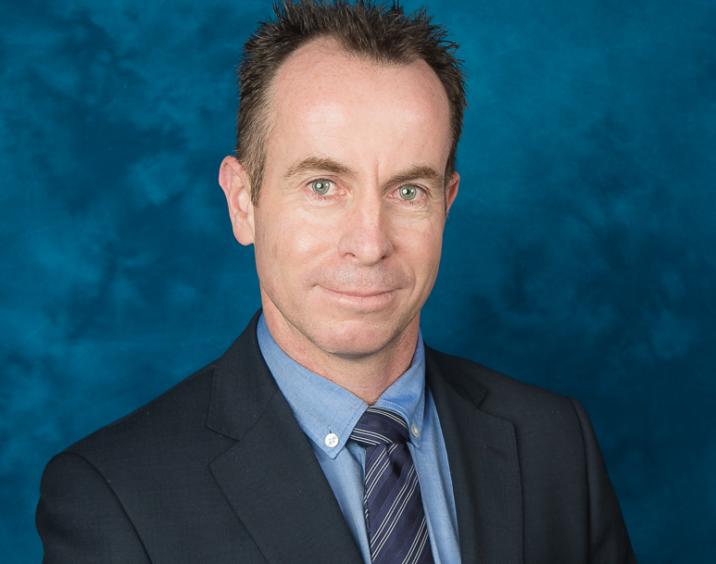
Companies that have relied on the expertise of foreign nationals to provide leadership are looking increasingly to their own citizens to fill these positions.
Finding experienced, qualified candidates presents challenges where safety legislation is weak, education is insufficient and organisational culture de-emphasises HSE. Success emerges when safety is a value.
For many years, ex-pats have filled the leadership ranks of companies around the globe. As these organisations increasingly strive to employ their own nationals in top positions, including as safety leaders and HSE managers, there are important factors to consider.
One way to prepare future safety specialists is to ensure they have access to a well-designed educational curriculum and plenty of relevant technical experience. A robust legislative framework that sets the standard for safe practices heightens the visibility and value of these careers but in the absence of such legal incentives companies themselves have a decisive role.
There is plenty of evidence that investing time, effort and resources in safety yields impressive returns. The first step is committing to safety as a value. From that commitment, all manner of benefits arise, including increasingly talented safety leaders.
When an organisation values safety, there is a ripple effect. The prominence and importance of HSE gets a boost as the department is seen as paramount to success. Resources flow into HSE initiatives and safety specialists begin to enjoy a higher profile in the company.
Companies can extend their reach to influence their sector in other ways. Even when no national guidelines regulate industrial safety measures, a company may opt to comply with international norms. Such a decision sets it apart from competitors and can attract more qualified safety specialists. Another avenue is partnering with universities.
In regions where educational infrastructure is still developing, universities that offer degrees in industrial safety and related topics may be rare. The degree programmes that are offered might not prepare students for careers in HSE. Truly transformative safety leadership relies on more than coursework.
Meaningful field experience in a cross-section of areas is indispensable as is the targeted development of leadership attributes.
The most effective academic programmes for future safety professionals have a strong practical component. Students are immersed in a range of real-life work scenarios and complete internships as prerequisites to receiving their degree. By the time they enter the workforce, graduates have gained valuable perspectives on how safety is lived in industrial settings.
Organisations can foster professional development among employees in various ways. A joint venture might provide an opportunity for staff to broaden their experience by working within a different corporate culture or in a foreign country.
Leadership development may start in an academic setting but is often more effectively pursued on the job. Good leaders inspire, motivate, build meaningful relationships and set an example. Leadership coaching can demystify these superpowers by targeting the underlying behaviours, such as regularly engaging face-to-face with employees.
Rather than viewing regulations as limiting factors, companies committed to safety come to regard them as protections. For these organisations, safety legislation reinforces their own efforts, evens the playing field among competitors and promotes HSE values within society.
A solid regulatory framework can legitimise industrial safety as a valid career option and thus contribute to the creation of better degree programmes, stronger HSE departments, safer companies and even better compensated safety professionals. It can also drive safety across industries by standardising certifications, introducing useful metrics to indicate progress and demanding reliable documentation and data collection.
In order for capable safety professionals and competent leaders to emerge and successfully guide industry in their countries, it will take a concerted effort on the part of domestic companies, education providers and government agencies. Rather than a step-by-step process, the key is to create synergy among these entities to feed progress. The result will be home-grown leadership and an appreciation for the expertise that protects workers.
Daryl Wake, senior consultant, Dekra
